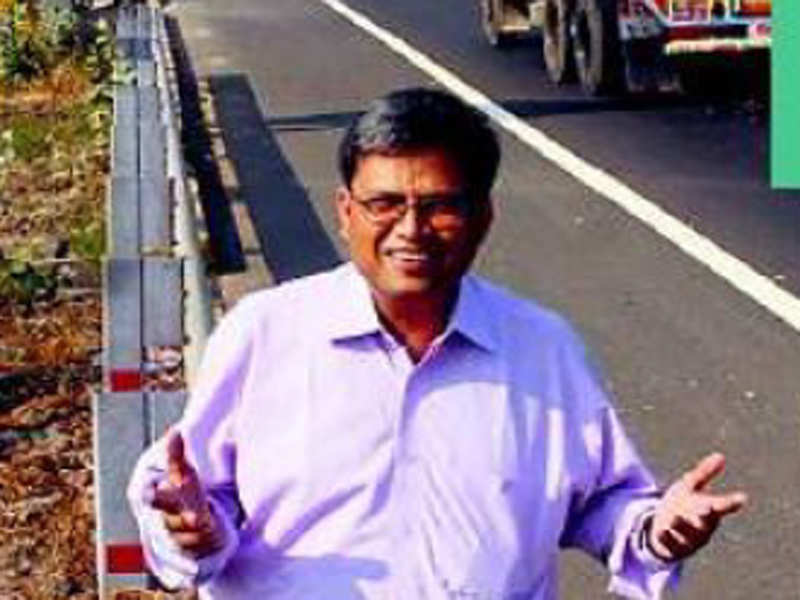
Inspiring Doctors: Revolutionizing help for road accident victims in India
On a night in August 1999, the car of Vadodara-based doctor Subroto Das hit a tree by the highway. Three persons were injured. However, they had to wait for almost five hours before help arrived.
It was the acute helplessness the doctor and his fellow travelers experienced on that night which led to an initiative for highway accident victims in Gujarat.
“We were on our way to Vadodara when our car hit a tree on the roadside at around 1:30 in the night. All three of us on the car were injured and helpless, but help came only after nearly five hours when dawn broke and a milkman took us to the nearest police station.
“We were lucky to be alive, but wanted to make sure that others do not die on the highway for want of timely help. We brainstormed till July 2002 and decided that instead of putting ambulances on the highway, lets create a network of ambulances, fire brigade and cranes,” he says.
In August 2002, a phone number was launched which anyone looking for help on the highway could call. The nearest utility- cranes, fire brigade or ambulances would then be immediately contacted.
The helpline service was launched by the NGO that Das runs- Lifeline Foundation. The service was started on the Ahmedabad- Surat highway. Later, it was expanded to cover the entire state of Gujarat. But that’s not all- the service now covers other states including Rajastan, Kerala, Maharashtra and West Bengal.
People can avail the service free of cost.
“Our next aim was to create a unified helpline number for all states, a concept which did not exist in 2002. The idea caught up and a lot of corporates and bureaucrats started supporting us,” says the doctor.
Further ideation led in 2007 to the Gujarat Emergency Medical Services Act. With the Act, Gujarat became the very first Indian state to have an Act meant for emergency medical services. Following the introduction of the Act, a unified number was launched for the emergency medical service. For this, his NGO provided technical assistance to the state government.
“We then spoke to other states in India to launch a similar service, and today 26 states in India have 108 helpline number,” the doctor said.
Working for standard treatment protocols
The doctor presently works to create a standard treatment protocol and also to train paramedics.
The doctor aims to train 40 percent of literate and physically abled people of Baroda for Bystander CPR and first aid over a five year period.
“With recognition, we will be able to do it effectively with help coming in easy from government and corporates,” he says.
For his efforts, Dr. Das was awarded the Padma Shri this year.
Image credits: timesofindia.com